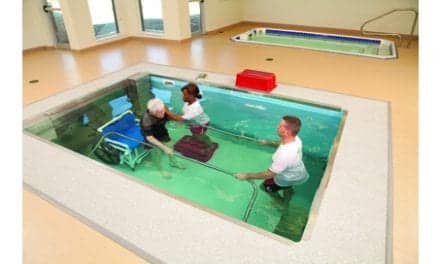A Rehabilitation Research and Training Center (RRTC) Program, established at University of Michigan (U-M), aims to improve the aging process for those living with physical disabilities.
It also aims to help medical professionals understand the complexity of what it’s like to live with a physical disability, and how people’s unique needs may change over time.
“When we work in a health care system, we interact with patients with disabilities, but we don’t always understand what it’s like to live with a physical disability,” says Michelle Meade, PhD, associate professor of physical medicine and rehabilitation at Michigan Medicine and a member of the Institute for Healthcare Policy and Innovation.
“For example, managing other health conditions, such as diabetes or the aftereffects of a stroke, while dealing with a spinal cord injury or cerebral palsy adds another level of complexity,” she adds, in a media release from Michigan Medicine – University of Michigan.
This complexity is what led Meade to seek funding from the National Institute on Disability, Independent Living and Rehabilitation Research (NIDILRR) to establish the RRTC program at U-M.
Supported by $4.3 million in funding from the NIDILRR over the next 5 years, the U-M RRTC will generate research around the interactions between personal and environmental factors associated with better health outcomes for people with physical disabilities.
Known as the Investigating Disability Factors and Promoting Environmental Access for Healthy Living RRTC—or IDEAL, for short—the U-M center will also use the research it generates to develop evidence-based interventions to help this patient population live better, the release continues.
“People think that people living with physical disabilities should have a low quality of life because they have a disability,” says Meade, who will lead the IDEAL RRTC, according to the release.
“But there are many things that can be done to ensure positive outcomes and prove that people can live meaningful lives with physical disabilities.”
The IDEAL RRTC will launch in October; research projects are set to begin within the following 6 months, the release notes.
[Source(s): Michigan Medicine – University of Michigan, Newswise]




